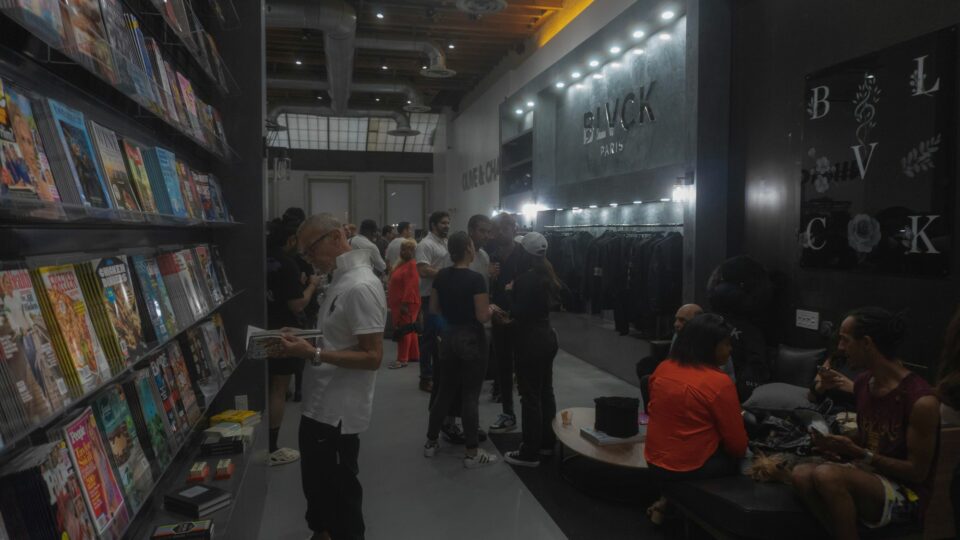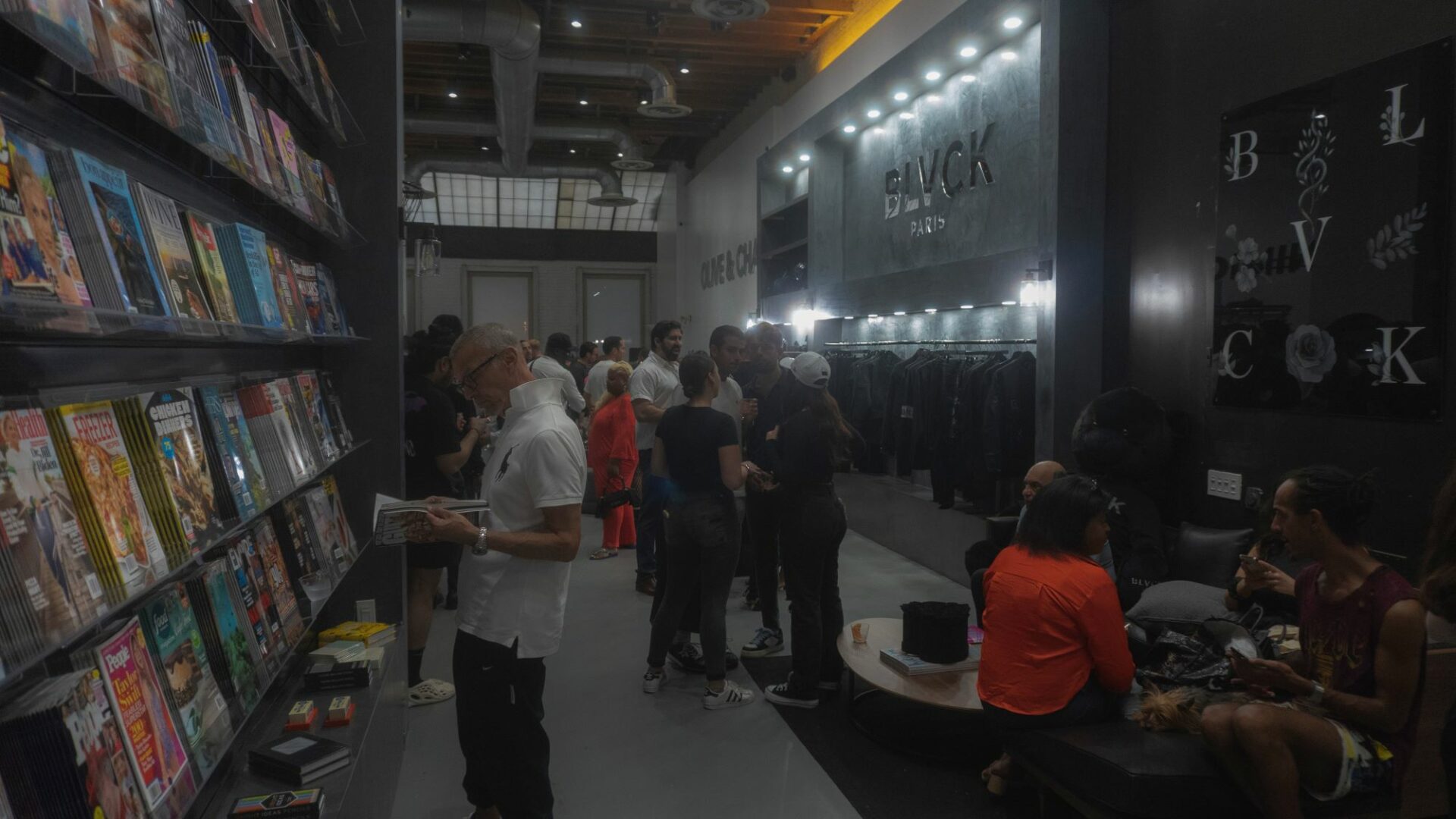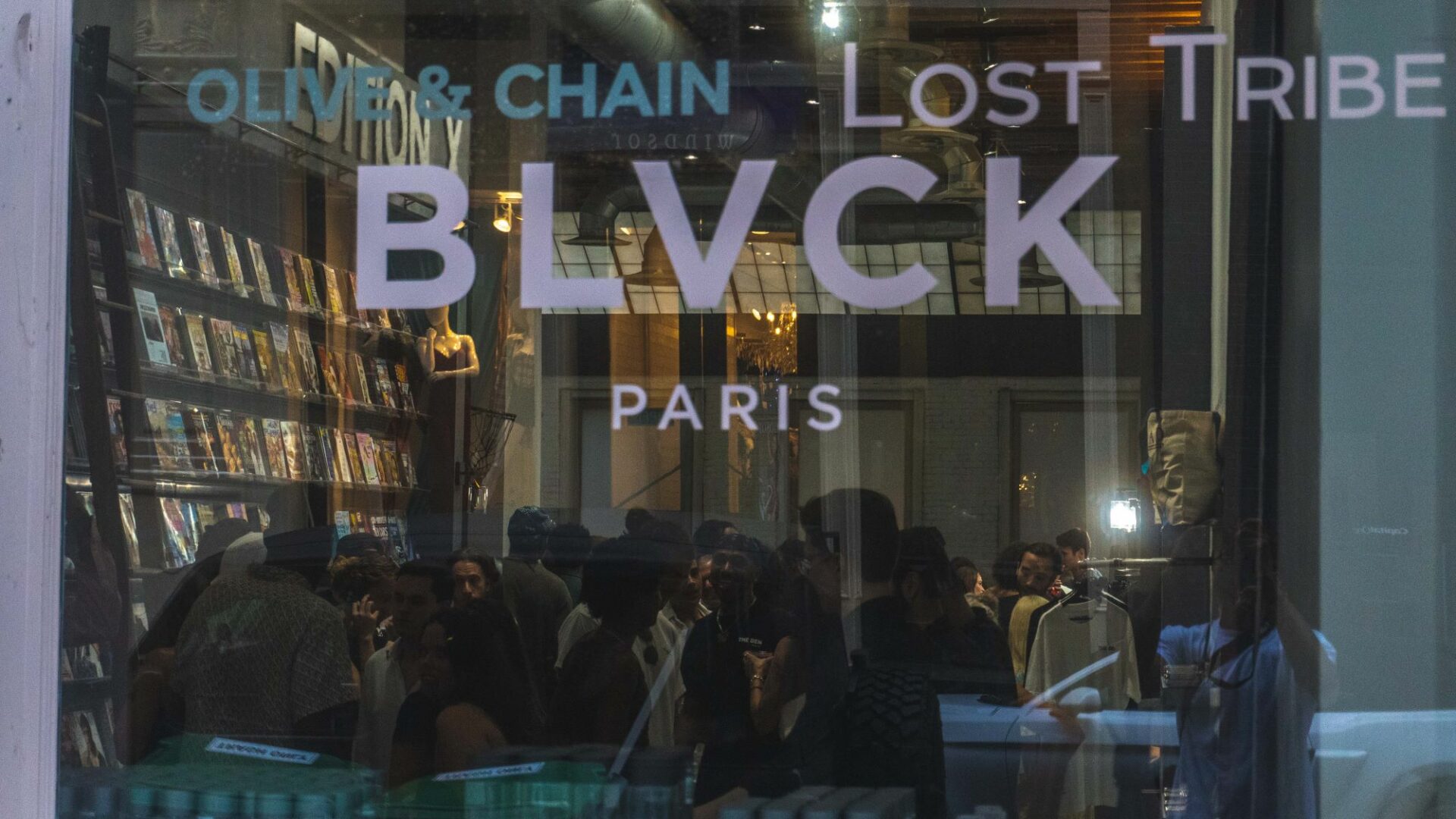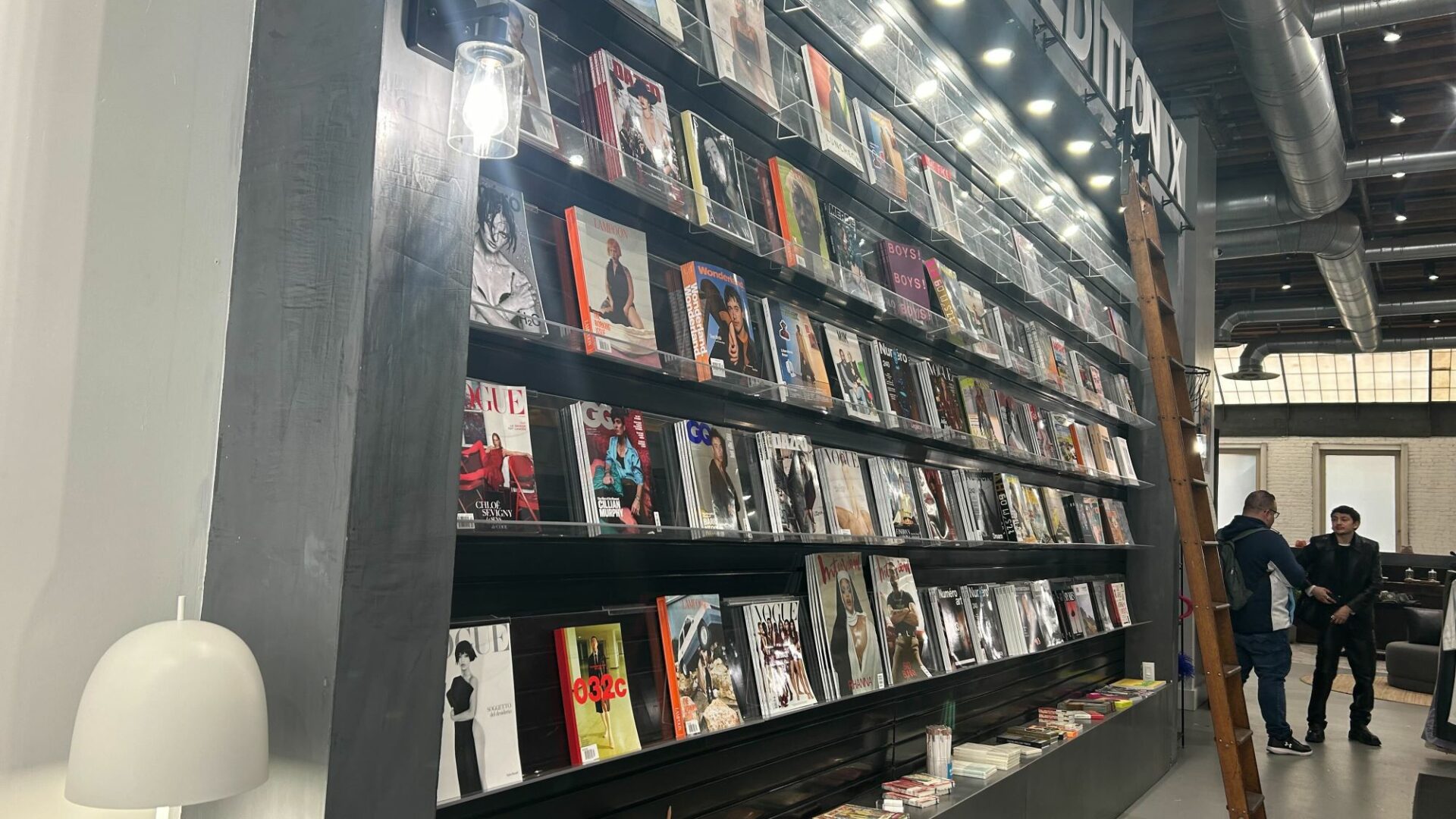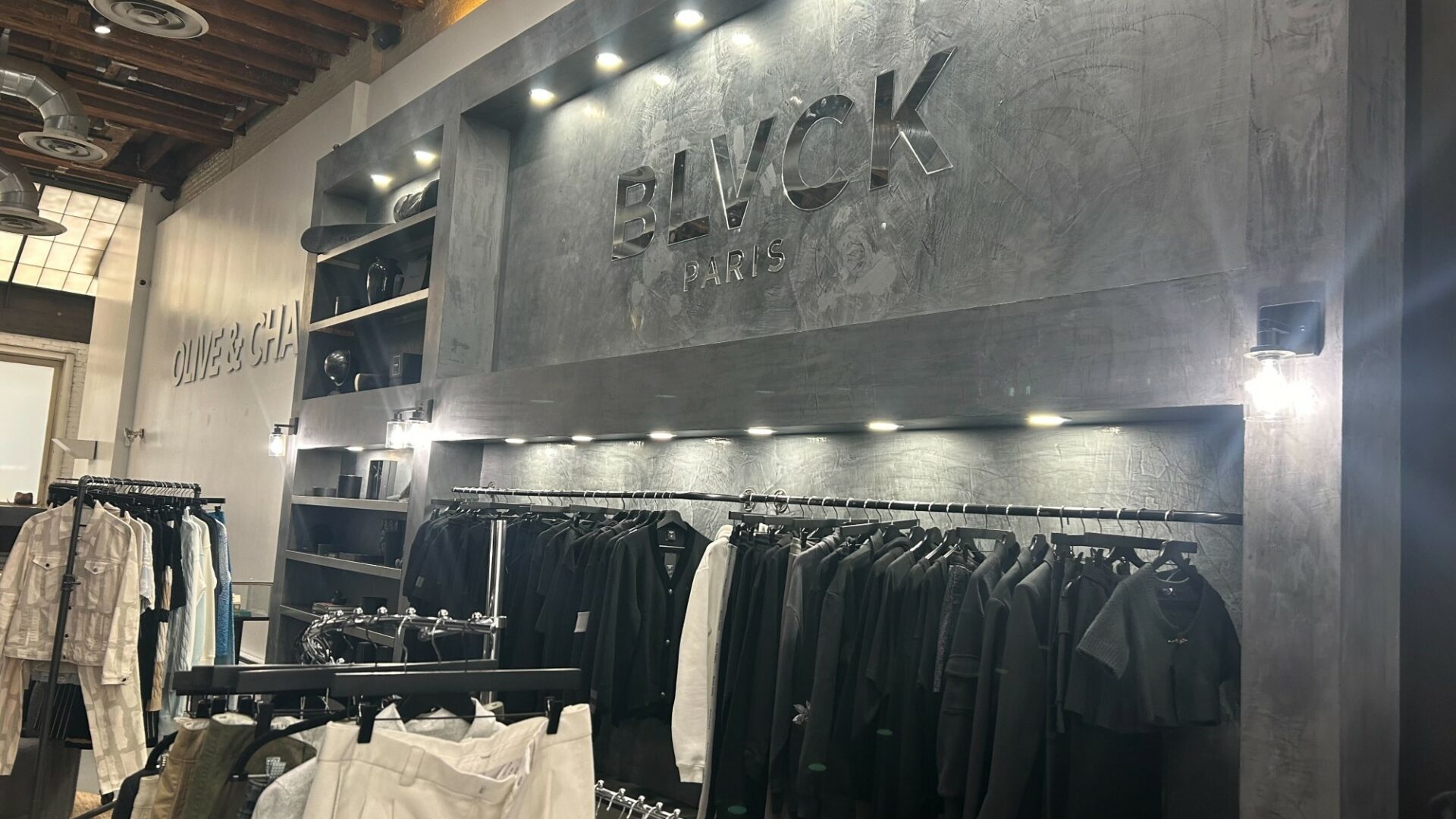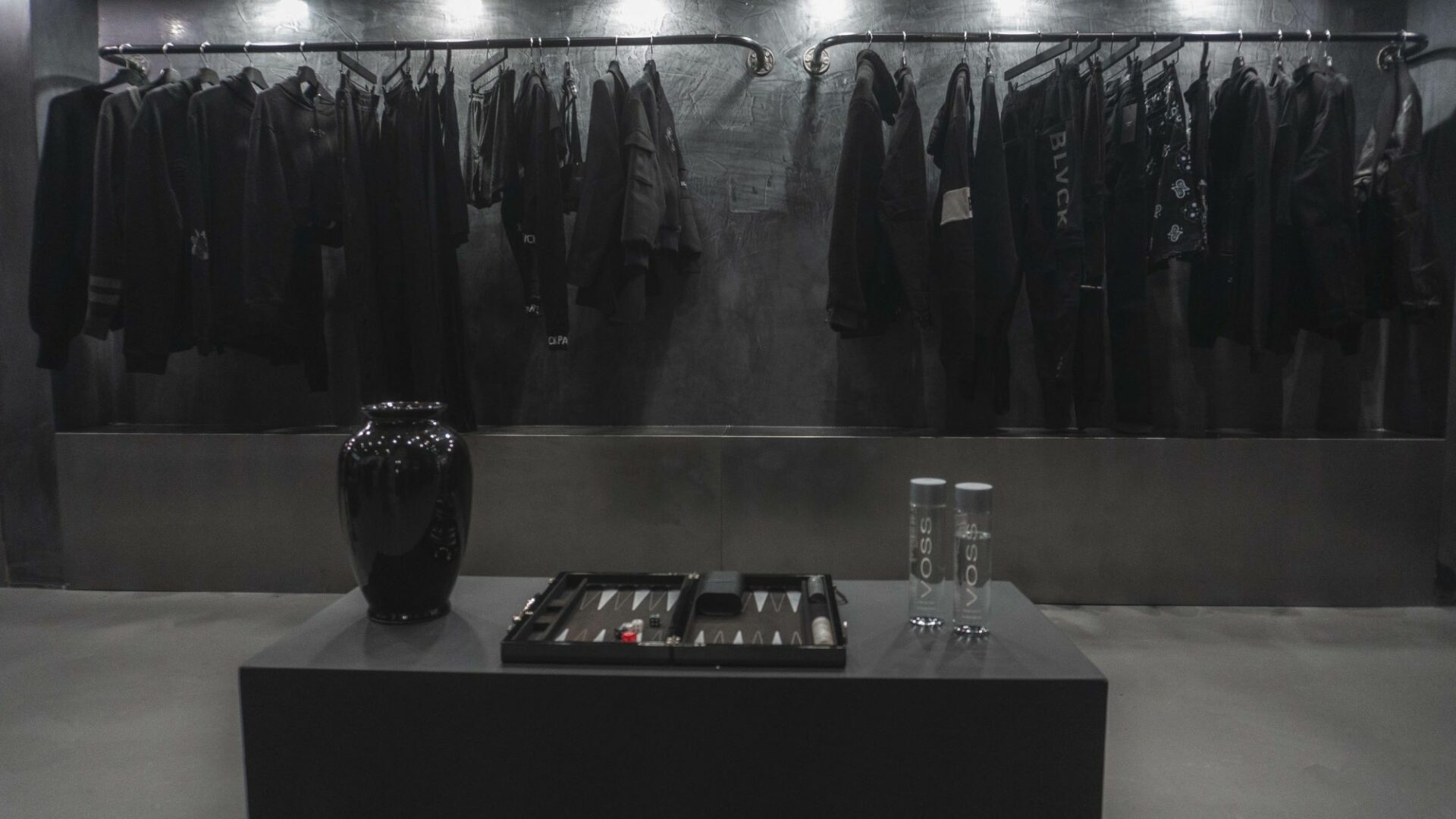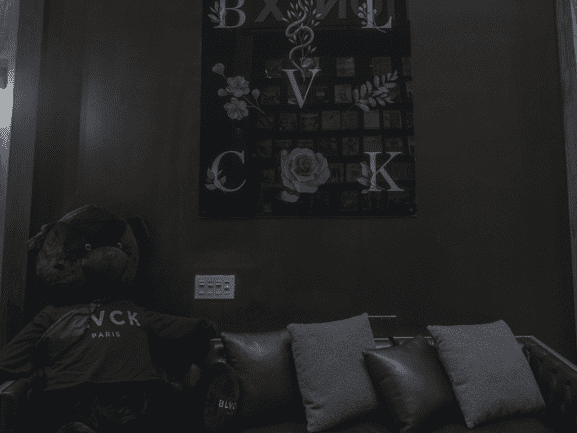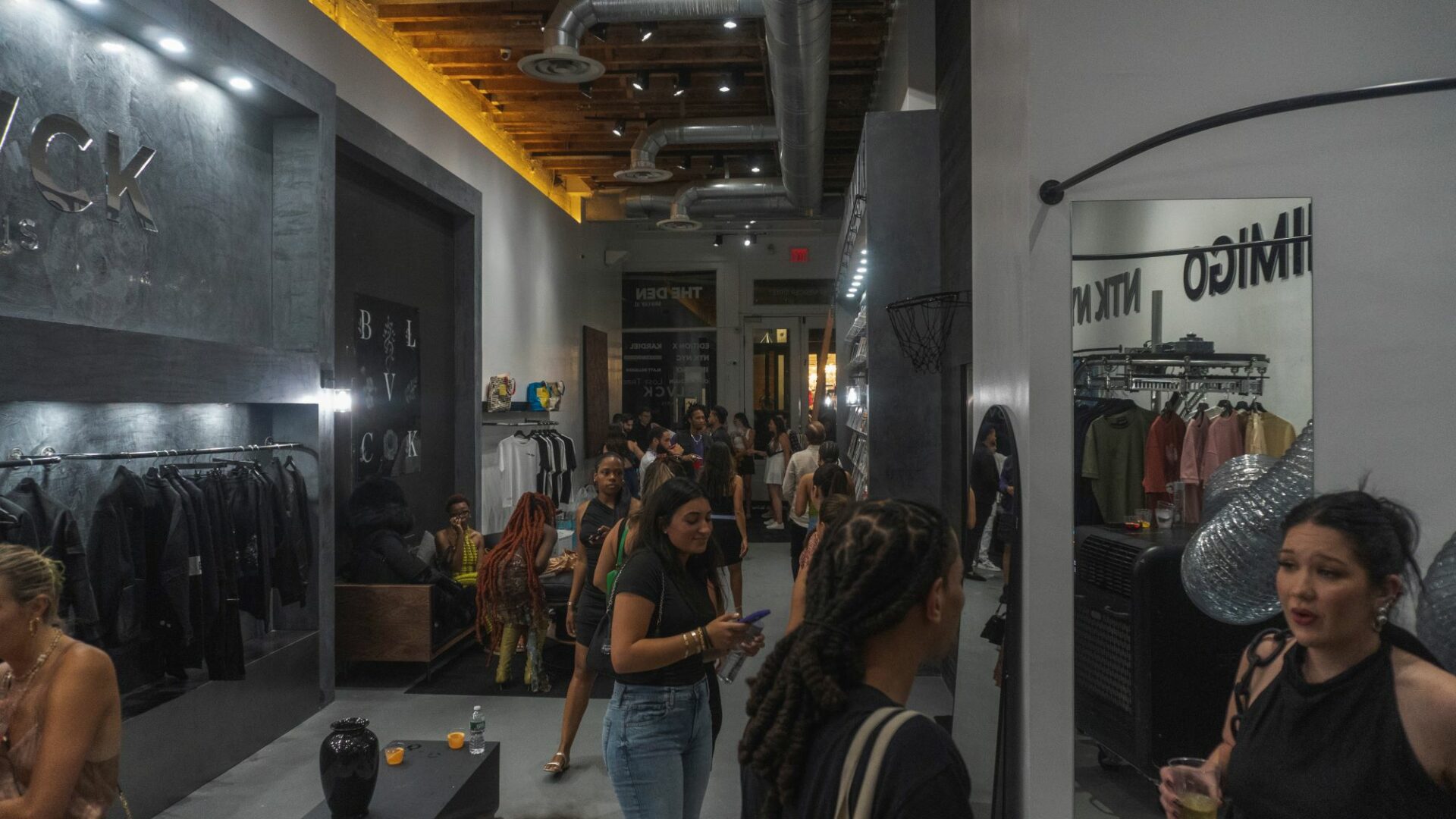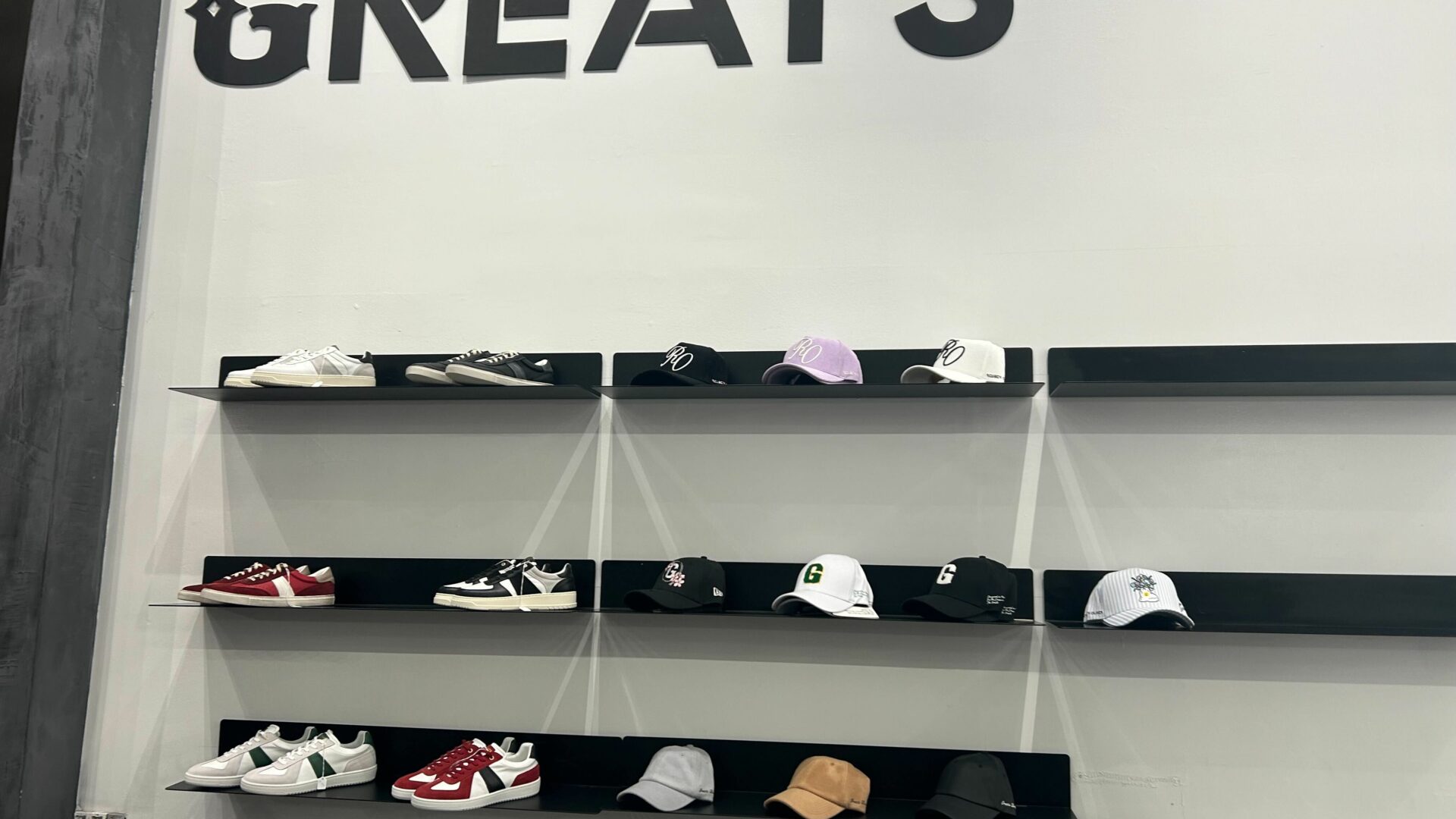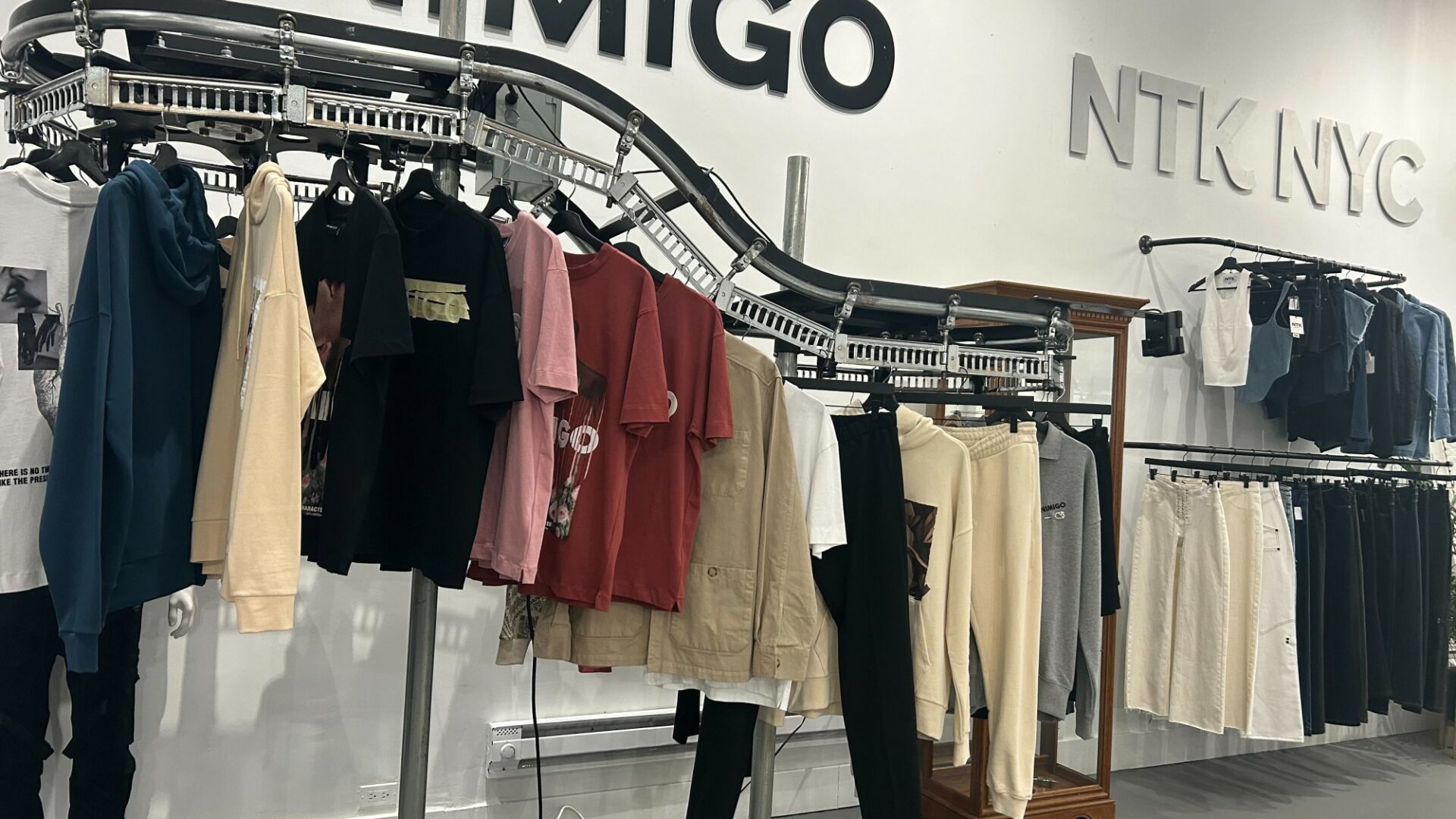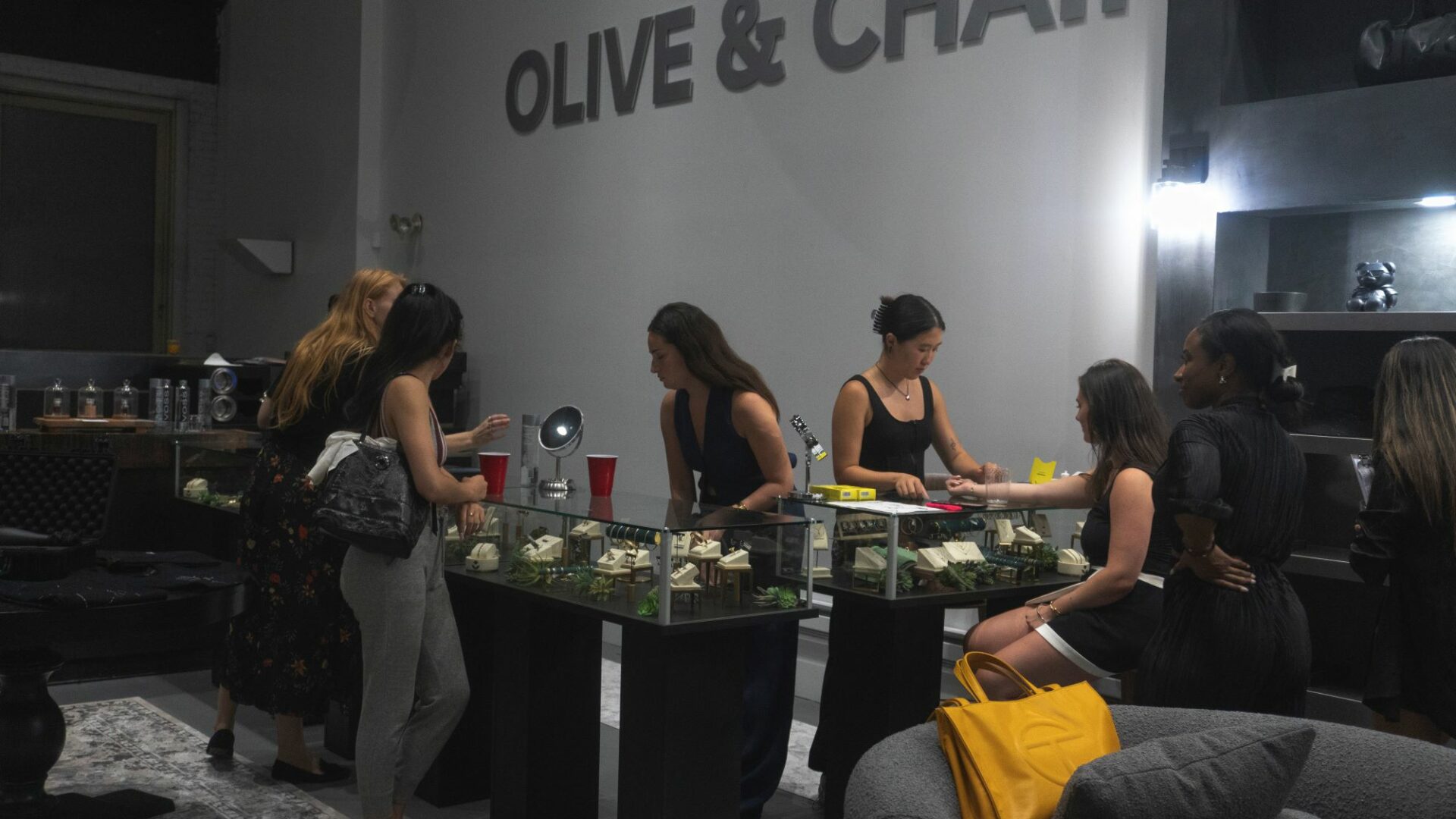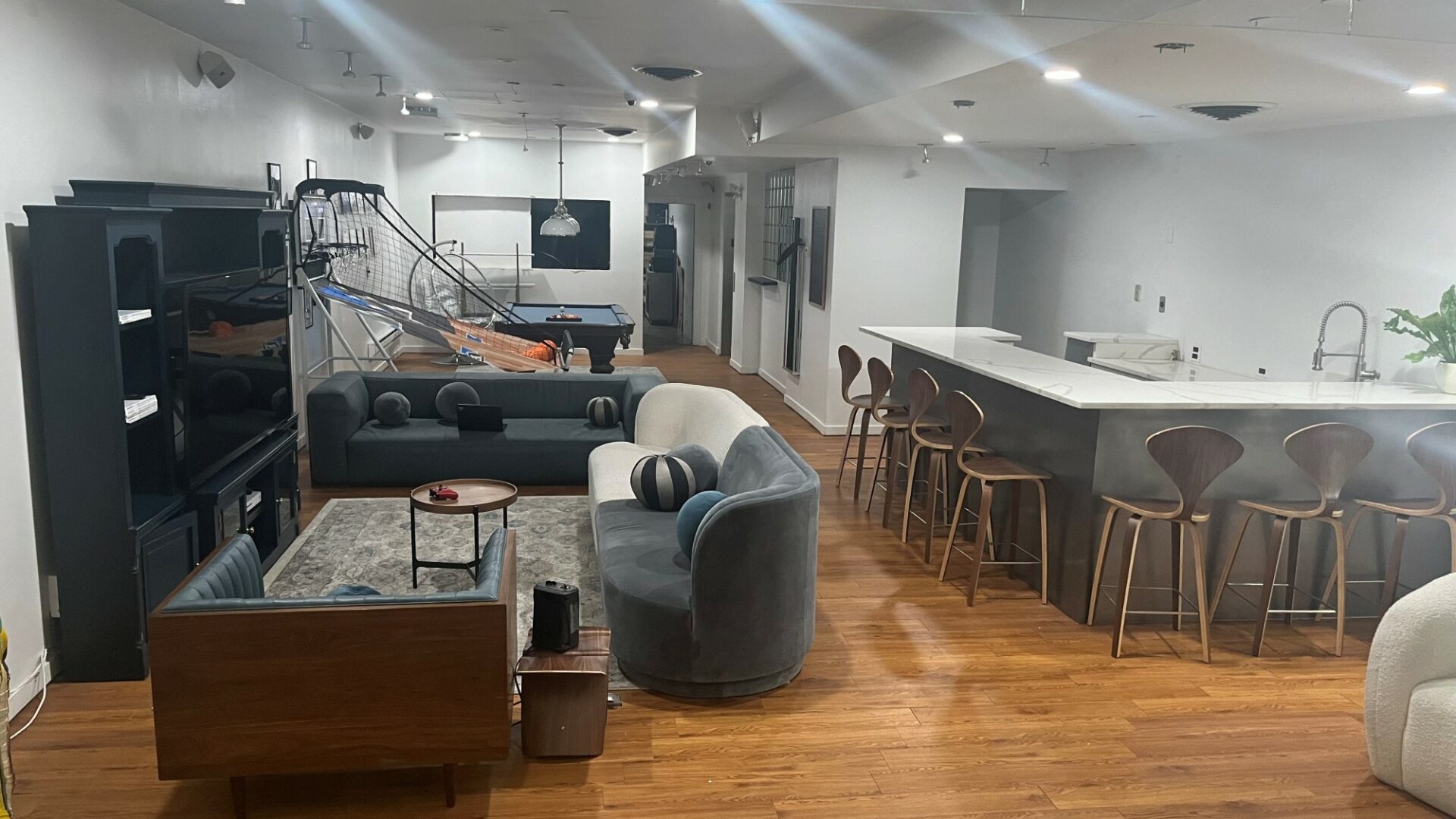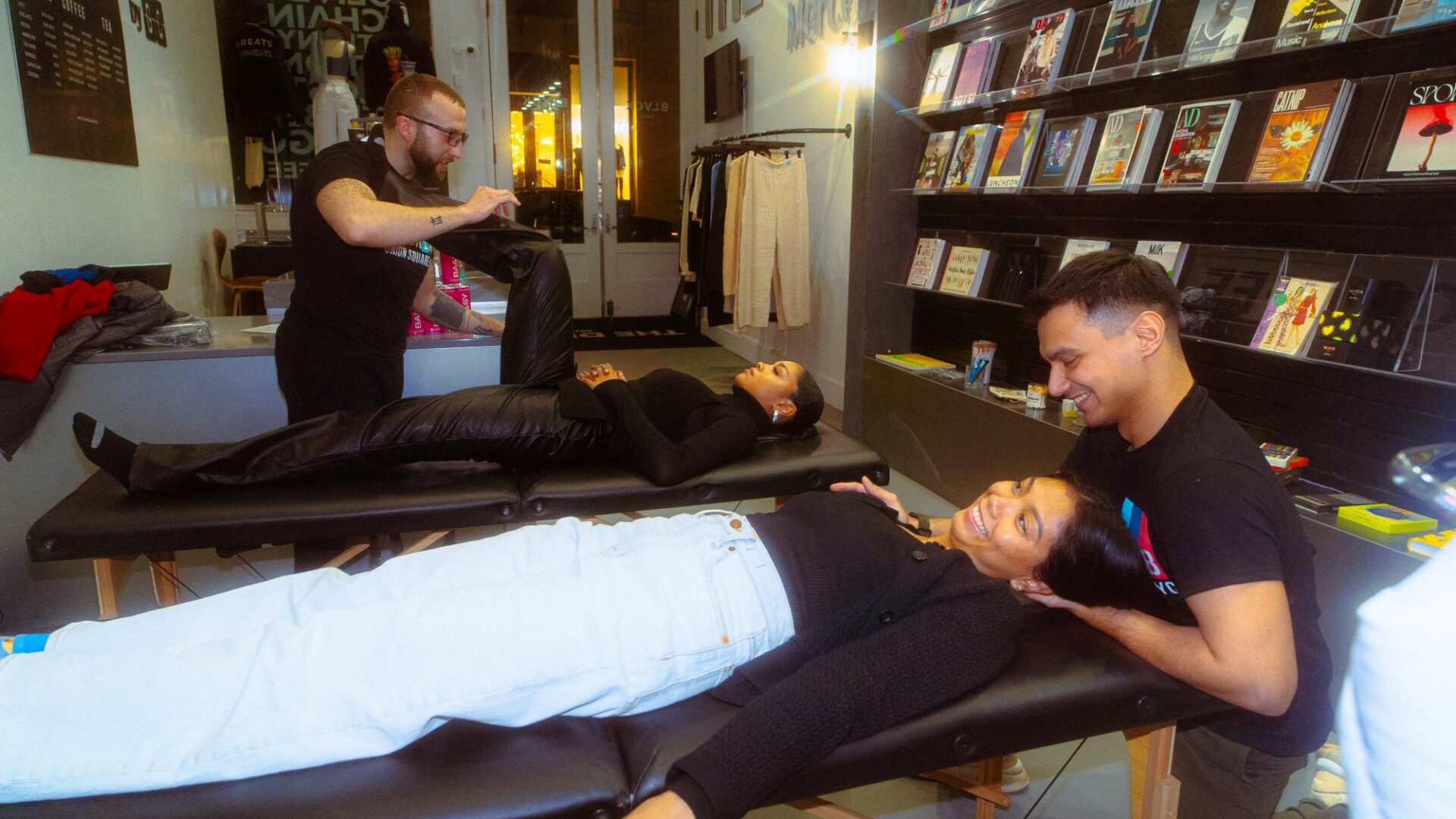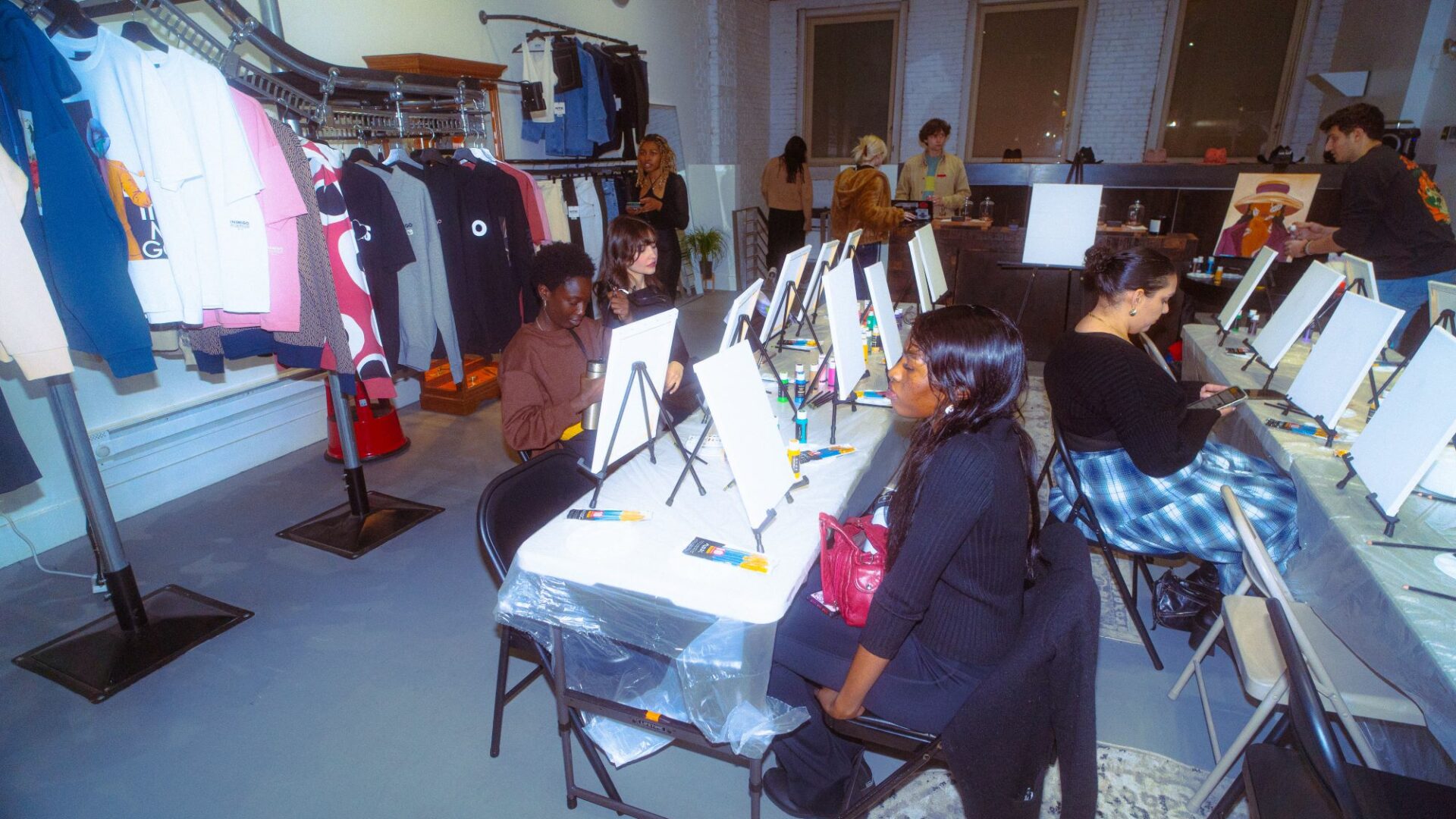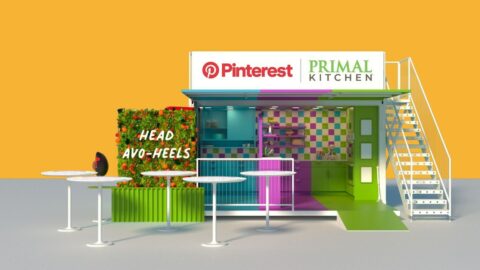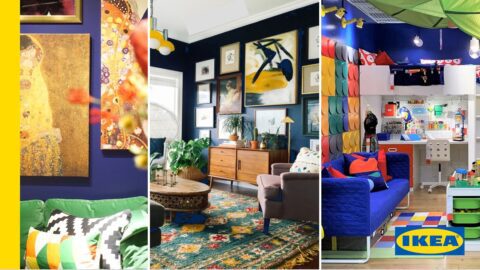
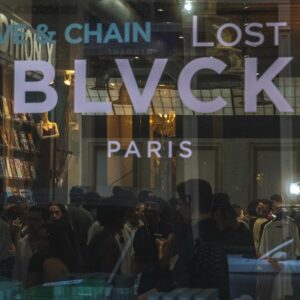
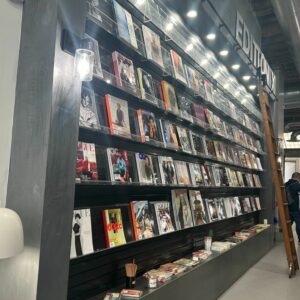
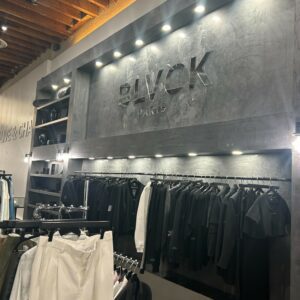
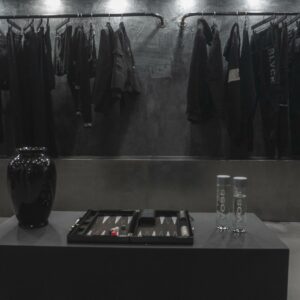
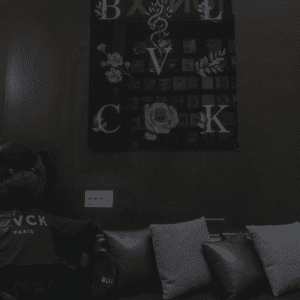
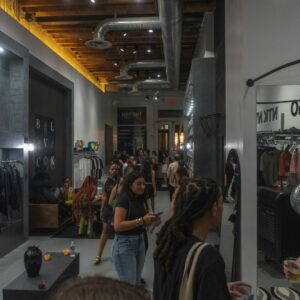
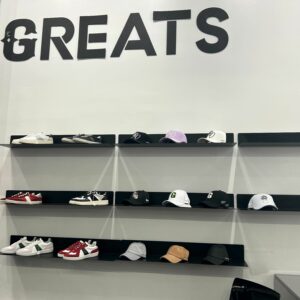
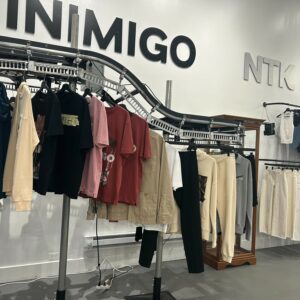

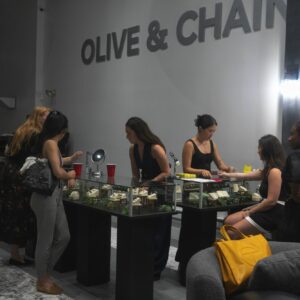
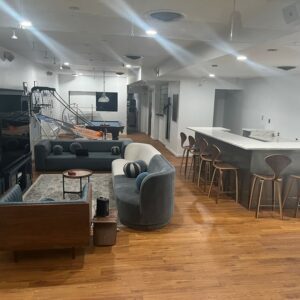
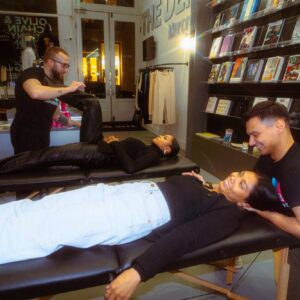
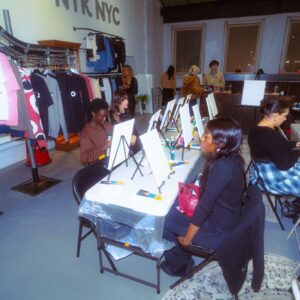
Yaron Cohen is a real estate investor and tech entrepreneur, but on the day we visited he was working the espresso machine behind the coffee bar of his latest undertaking — retail and event space The Den. Cohen was just pitching in until the regular barista arrived, but this hands-on approach underscores the ethos of what Cohen is attempting to build — a community-driven “co-retailing” shop in one of the Manhattan’s hottest (and most expensive) retail districts, SoHo.

After 18 years working in residential and commercial leasing in New York, the idea for The Den came about (as many ideas did) during the disruption of the pandemic. “When COVID hit, I really took a step back,” said Cohen in an interview with Retail TouchPoints. “I was helping a lot of the businesses that I had helped open stores operate through COVID and figure out how to survive, and I realized everyone was complaining about the same things — the amount of cash required to open a store and the financial strain that caused, the need for more foot traffic, problems with marketing, the challenges of actually operating a store. I started thinking, there’s co-living, there’s co-working, there’s co-industrial, there’s co-everything these days — what if brands started collaborating not on product but sharing a location?”
Opened in September 2023, The Den features around five to six brands at any given time as well as a number of more subtle brand integrations, a coffee shop at the front and an actual den-inspired hangout space in the basement, complete with couches, an Xbox and a billiards table. It’s also a regular event spot, hosting everything from brand pop-ups and new product releases to musical gatherings and fashion shows. Significantly, none of the brands have other physical representation in NYC.
“This is more than just a store or a brand,” explained Cohen in a LinkedIn post announcing the opening. “It’s about bringing compatible businesses together to optimize each other and offer more to our clients; working as a team to share each other’s store, story, customer, cost, compatibility and community.”
Advertisement
Cohen took RTP on a tour of the space to explain how it all works, and how it’s all working out so far.
Bringing Together Brands that are ‘Complementary, but not Competitive’

The big question Cohen asked himself as he was developing the concept for The Den was: “How do you not just bring the brands together, but make it an experience?” he said. “The answer was that you have them be complementary, not competing. That’s why you see coffee, then magazines and then shoes.”
The general vibe of The Den is centered on streetwear. All the brands represented have a similar (although not the same) aesthetic, price point and colorways, and most importantly, a similar target customer. The lineup includes:
- Publishing and gifting brand Edition X;
- Sneaker brand Greats;
- Streetwear brand Blvck Paris;
- Jewelry brand Olive & Chain;
- Denim brand NTK NYC; and
- Menswear brand Inimigo.
Rounding out the lineup of brand partnerships are a series of more subtle integrations, including:

- Sole Cafe, which operates the coffee shop at the front of the house;
- Kardiel Furniture for all of the furniture throughout the space, which customers can purchase and have shipped to their home via The Den’s associates; and
- Blatt Billiards, a 100-year-old New York company that sponsors the billiards station in the basement.
The operation is managed by Sharefront, the technology company that Cohen founded, which helps brands identify these kinds of mutually beneficial collaborations. “Sharefront is the business-to-business side; it’s how we connect businesses together,” explained Cohen. “The Den is the consumer-facing side.”
All store associates and general operations are managed by Sharefront/The Den (except for the coffee bar, which is staffed and managed by Sole), although brands do have the option to send their own trained associates to the store if they choose.
Leasing terms are anywhere from six months to five years, much shorter than the terms most New York City landlords require for a commercial storefront, but longer than other previous co-retailing concepts like Showfields.
The leasing terms themselves take the form of a “membership fee” that is essentially rent but includes all the necessities: utilities, internet, display fitments and the space itself. The brands also have a revenue-sharing agreement with The Den. “The rev-share is performance-based,” said Cohen. “We’re incentivizing ourselves [on behalf of the] brands because the more sales we do, the more money we make as well.”

All of this is run by a team of eight people, and not much is asked of the brands beyond their initial setup except that The Den be listed as a store location on their websites. As part of the membership fee, The Den also commits to hosting two brand-focused events for each tenant throughout the year, although if brands want to do more events they can, for an additional fee. Inimigo, for example, used The Den to host a sample sale, and the store hosted an opening party for Blvck Paris to celebrate that brand’s first NYC location.
How much brands want to promote their presence at The Den, and how they promote it, is left up to them. “We’re flexible in how we’re working with the brands, which is giving us a lot of creativity and also allowing them to utilize things however they want,” said Cohen.
The brands also benefit from the halo effect of other tenants’ promotional efforts. For example, Cohen pointed out that Blvck Paris has 1.7 million social media followers, so every time they market The Den, the other brands in the space also get exposure with no cost or effort on their part. “Our goal is to show people that you’re stronger together than you are alone,” he said. “I think people understand that personally; I don’t think brands understand that.”
A Free Community ‘Den’
Just as important to the success of The Den are the non-retail components of the space, namely the coffee shop at the front and the hangout space in the basement. “Every day new customers come in for coffee, not necessarily to shop, so [having that at the front] drives a lot of foot traffic and cross-shopping,” said Cohen. The basement hangout is less prominent, but word is getting out, as it tends to do in New York.

“Around two, three in the afternoon things pick up downstairs, with people hanging out playing basketball [yes, there’s also a hoop-shooting arcade game], working at the bar or just chilling on the couches playing Xbox,” said Cohen.
Customers aren’t required to do any shopping, or even buy a coffee, to use the downstairs space, driving home the community aspect that Cohen is hoping to create. “I literally want people to treat it like a den of New York City,” he said.
And coming soon to The Den’s basement: a soundproof room that will be perfect for podcast and music production partners.
Creating the Right Community Vibe
Key to the symbiotic nature of The Den’s environment is the idea that all the brands participating complement one another and add to the community feel.

“You’re seeing all these major corporations expand beyond just their product, like Lululemon with its fitness subscription or Kith Treats — it’s a whole new business model,” said Cohen. “Smaller companies aren’t necessarily able to do that, but they need it. And I think, as a consumer, if they like the clothes they’ll probably like the other product, the aesthetic of it, and feel like this is a connected space where you get a chance to meet people with a similar mindset.
“Another thing that inspired me and honestly gave me confidence was seeing Toys ‘R’ Us and Macy’s collaborate,” Cohen added. “Toys ‘R’ Us went from bankrupt to 450 locations in America in one year. There’s no one in the world that could do that unless you do the sharing model. It really shows what sharing a location can be [and the impact it can have on] cross-shopping.”
That mindset of inclusivity and collaboration is reflected even in choices like referring to what are essentially rent payments as membership fees. “There are others doing things like this in different ways, but we’re more focused on compatibility and making it feel like a cohesive store so it doesn’t seem like you’re in a co-retail space,” he said. “I don’t have a retail background, but because of that I’m pretty open-minded. We’re trying new things to see how people react, how we react, how the other companies react. In a way, because I don’t know retail, I’m not stuck in a retail box, and it’s allowing us to get really fun and creative.”
Pioneering the ‘Future of Retail‘
While Cohen may be an outsider to the world of retail operations, his idea appears to have legs. Not even a year in, he said that The Den is already is operating in the black despite receiving no outside funding.
“I’m thinking long-term; I really believe that co-retailing is the future of retail,” he said. “And I think the brands themselves need other alternatives to make revenue because there’s too much competition today. Stores take time to scale and grow; I don’t think we’ve nearly hit our potential here, to be honest. But I think the model of sharing the businesses has proven itself and I want to stay on the forefront of that.”
While Cohen was intimately involved in the selection process for the current brand mix at The Den, in the future the company will rely more on its Sharefront software to find potential pairings. This will help as brands cycle in and out of The Den, but Cohen also has his sights set much higher, with plans to open a series of similar locations around the city, all centered on different themes.
“For the next concept I want to do a speakeasy/Pilates studio where the front is something like a juice company, with a nutritionist, gym clothes and take-home gym equipment — sort of like a one-stop health center,” said Cohen. “That’s the exciting thing; you could do so many different variations, like cigars, whiskey, suits and a tailor.”



